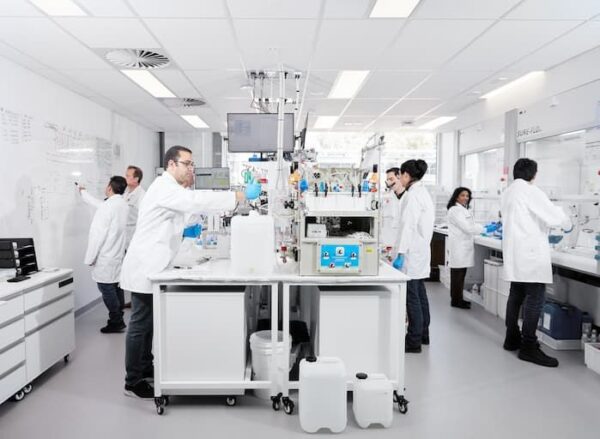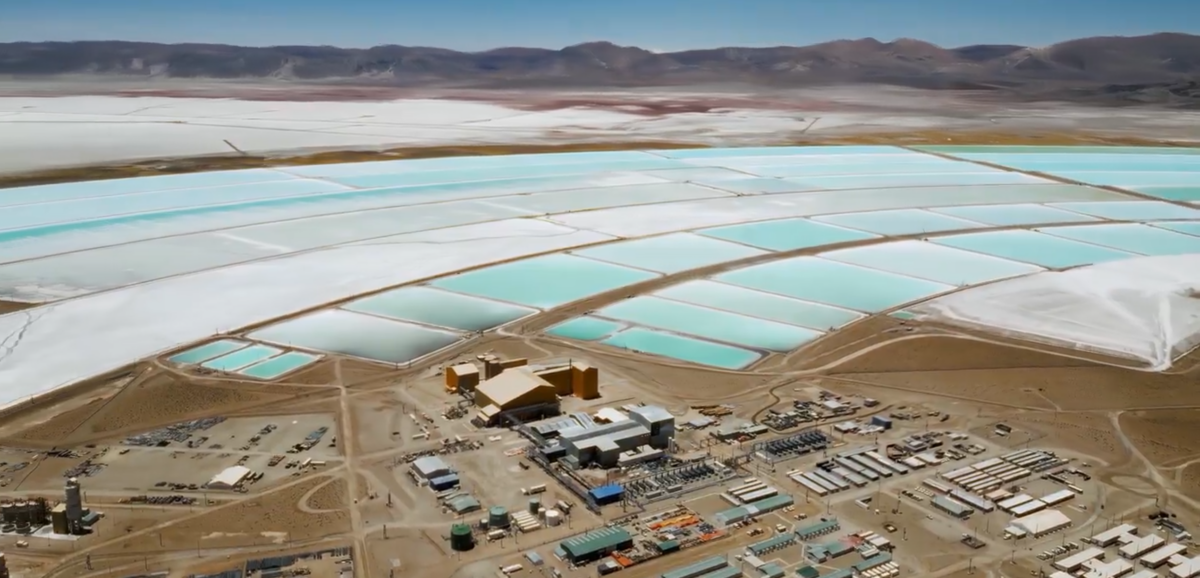Melbourne-headquartered Monash University spin-off ElectraLith has proven its direct lithium extraction and refining (DLE-R) technology can produce battery grade lithium hydroxide from a range of lithium sources, such as salar brines, geothermal oilfield brines and spodumene leach, using no water, no chemicals and minimal energy.
DLE-R uses electro-membrane and electrodialysis technology to extract and produce battery-grade lithium hydroxide in a single, scalable and modular step, which is a breakaway from other DLE technologies.
Backed by United Kingdom-headquartered mining giant Rio Tinto and technology investment company IP Group, with Sydney-based Australian equities firm Monash Investment Holdings, the inventors say the DLE-R technology is emerging as the cleanest, most versatile and cost-efficient method for extracting and refining lithium.

Image: Monash University
ElectraLith Chief Executive Officer Charlie McGill said their research results validate the true potential of DLE-R across lithium resource type, quality and concentration.
“We’re particularly excited about the Paradox Basin Utah result, where DLE-R produced 99.9% pure lithium hydroxide from US-based Mandrake Resources’s geothermal oilfield brines without water, an increasingly scarce resource in the broader Colorado River Basin,” McGill said.
“This, coupled with the production of lithium hydroxide from a brine with less than 60 parts per million, demonstrates that DLE-R can unlock otherwise impracticable strategic reserves in the United States and Australia.”
Rio Tinto will trial and test brines with their first DLE-R prototype at their lithium Rincon Project in Argentina in 2026.

Image: McKinsey and Company
This content is protected by copyright and may not be reused. If you want to cooperate with us and would like to reuse some of our content, please contact: editors@pv-magazine.com.








By submitting this form you agree to pv magazine using your data for the purposes of publishing your comment.
Your personal data will only be disclosed or otherwise transmitted to third parties for the purposes of spam filtering or if this is necessary for technical maintenance of the website. Any other transfer to third parties will not take place unless this is justified on the basis of applicable data protection regulations or if pv magazine is legally obliged to do so.
You may revoke this consent at any time with effect for the future, in which case your personal data will be deleted immediately. Otherwise, your data will be deleted if pv magazine has processed your request or the purpose of data storage is fulfilled.
Further information on data privacy can be found in our Data Protection Policy.